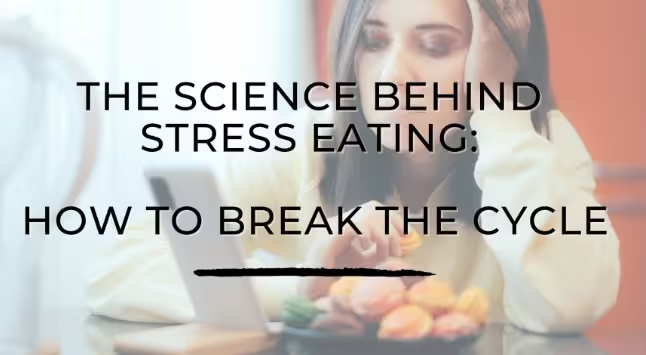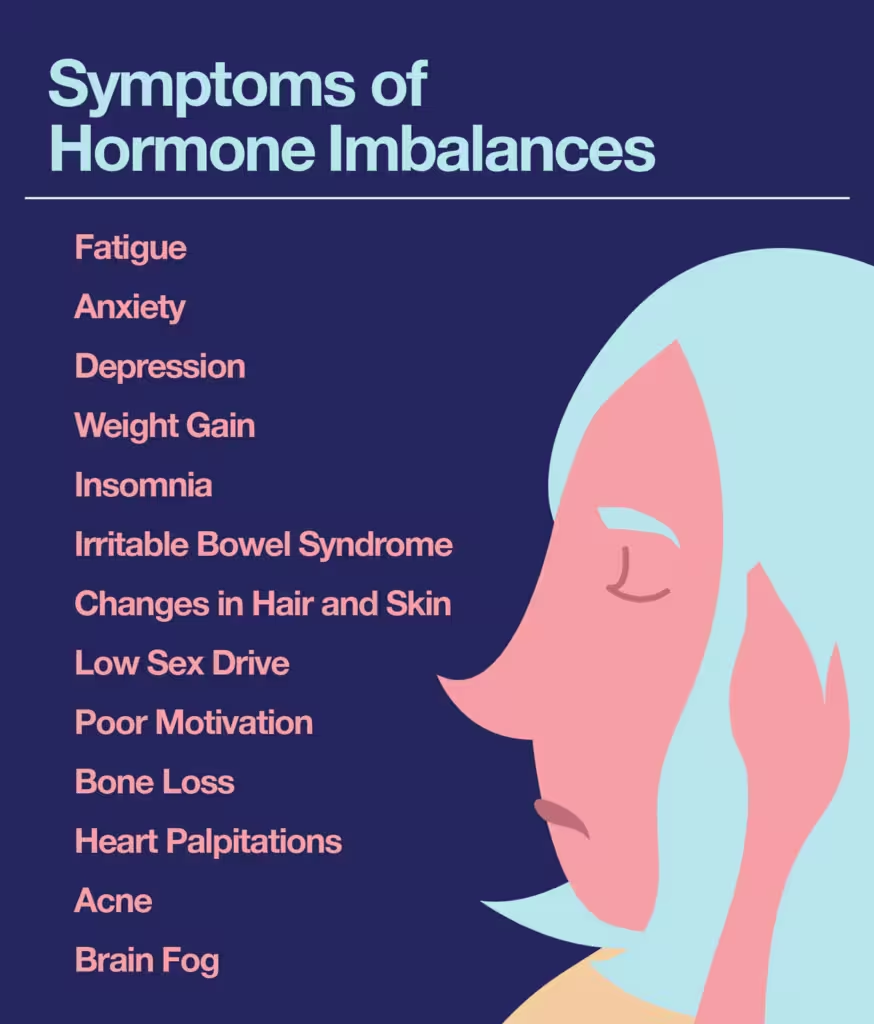Unlock the secrets of your cravings and discover how stress impacts your weight in our latest blog post. Dive into the psychological and physiological roots of stress eating, and arm yourself with strategies to reclaim control and embrace a healthier lifestyle.

Stress eating, also known as emotional eating, is a common phenomenon in which individuals consume food—often in large quantities and usually high in sugar and fats—in response to stress rather than hunger. This behavior can lead to weight gain, exacerbating the stress cycle. Understanding the psychological and physiological roots of stress eating is crucial for reclaiming control over your eating habits and embracing a healthier lifestyle.
The Science Behind Stress Eating

When we experience stress, our bodies react by producing higher levels of the stress hormone cortisol. Elevated cortisol levels can increase appetite and lead to cravings for high-calorie foods, contributing to weight gain. Moreover, stress can interfere with the body’s ability to digest food properly, potentially causing gastrointestinal distress and further cravings.
Psychological Triggers
Several psychological factors can trigger stress eating, including:
- Emotional Distress: Feelings of sadness, loneliness, or anxiety can trigger a desire for comfort foods.
- Habitual Behavior: For some, eating becomes a habitual way to cope with stress, reinforcing the behavior over time.
- Cognitive Overload: When overwhelmed, decision-making abilities may falter, leading to impulsive food choices.
By recognizing these psychological triggers, individuals can begin to break the cycle of stress eating.
Physiological Responses to Stress
Hormonal Fluctuations

During stressful periods, the body undergoes various hormonal changes, including releasing cortisol and adrenaline. These hormones prepare the body for a “fight or flight” response, but in modern life, this response often leads to increased appetite and fat storage.
Additionally, stress can disrupt sleep patterns, affecting hormones responsible for regulating hunger and satiety, such as ghrelin and leptin. Lack of sleep can lead to increased feelings of hunger and reduced feelings of fullness, making it even harder to resist unhealthy foods.
Impact on Digestion

Chronic stress can also impact digestion. The gut-brain axis connects the central nervous system to the gastrointestinal system, meaning stress can lead to digestive issues like bloating, gas, and discomfort. These symptoms can make healthy eating more challenging and may lead to further stress-related eating.
Strategies for Managing Stress Eating

Effective management of stress eating requires a multifaceted approach, addressing both the psychological and physiological aspects. Here are some practical strategies:
- Mindful Eating: Practice being present during meals, paying attention to hunger and fullness cues. Mindful eating can help break the automatic response of stress eating.
- Stress Reduction Techniques: Incorporate activities like yoga, meditation, or deep breathing exercises to manage stress levels.
- Healthy Alternatives: Keep healthier snack options available to satisfy cravings without guilt. Consider options like fresh fruits, nuts, or yogurt.
- Professional Support: Seek guidance from professionals. Slim180 offers behavioral therapy and professional counseling to help manage stress and related eating behaviors.
Conclusion
Understanding the intricate relationship between stress and eating behaviors is the first step towards breaking the cycle of stress eating and achieving sustainable weight loss. With over 40 years of experience, Slim180 provides personalized weight loss programs designed to cater to individual needs and challenges. Combining customized plans, behavioral coaching, and professional counseling, Slim180 helps individuals reclaim control over their eating habits and embark on a healthier lifestyle.
If you’re struggling with this, consider scheduling a free consultation with Slim180 to discuss your goals and explore personalized solutions. Together, we can break the cycle and pave the way for a healthier, happier you.
